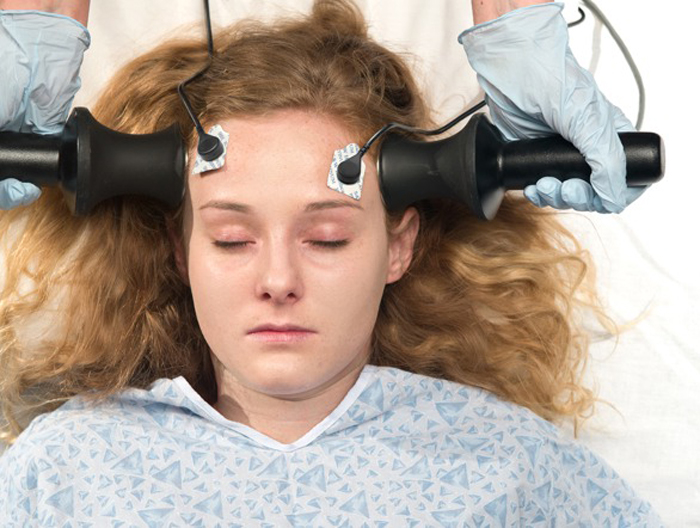Mental Health Act Currently Before Parliament Fails to Do This
Medianet – November 2, 2014
By Shelley Wilkins, CCHR Australia
Electroshock is the brutal application of up to hundreds of volts of electricity sent searing through the brain. It can cause memory loss, brain damage, and even death. The World Health Organization (WHO) states, “There are no indications for the use of ECT on minors, and hence this should be prohibited through legislation”.
In Western Australia, the new NSW Mental Health Act does not ban electroshock on children. It is out of step with W.H.O directives. The revisions have passed the Legislative Assembly and is on the agenda to be voted into law on Tuesday by the Legislative Council.
Western Australia just banned ECT on children under 14. Looking overseas, Sicily with a population of 5 million, banned ECT completely in October 2013, and since 1993, the US state of Texas has banned ECT for under 16 year olds. There are other bans and restrictions around the world for children.
The new Act allows for an involuntarily detained child to be given electroshock without requiring parental consent at any stage of the approval process including at a Tribunal who give final approval.
A 2010 study looking at the effectiveness of electroshock by John Reed from the Department of Psychology at the University of Auckland and Richard Bentall from the UK Department of Psychology at Bangor University found:
“There are no placebo-controlled studies evaluating the hypothesis that ECT prevents suicide, and no robust evidence from other kinds of studies to support the hypothesis.” This includes a New Zealand Government report which found, “no definitive randomised evidence that ECT prevents suicide.”
“Given the strong evidence of persistent and, for some, permanent brain dysfunction, primarily evidenced in retrograde and anterograde amnesia, and the evidence of a slight but significant increased risk of death, the cost benefit analysis for ECT is so poor that its use cannot be scientifically justified.”
Ms Wilkins, Executive Director of the National Office of the Citizens Commission on Human Rights says, “Children are taught not to put their fingers in electric-sockets. Yet psychiatrists want to put powerful electricity through their brains. A parent’s right to consent for their child must be upheld”.



SHARE YOUR STORY/COMMENT